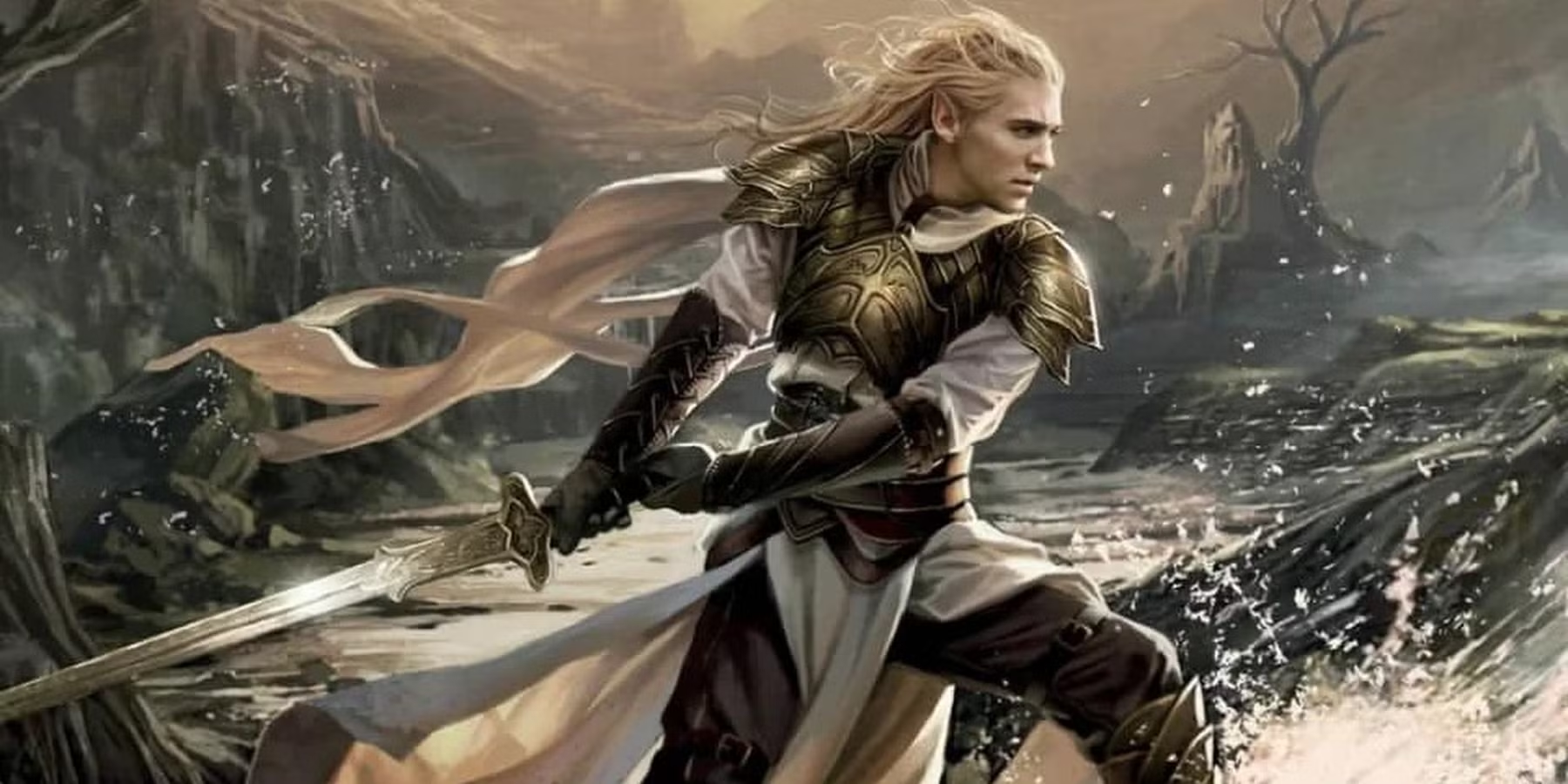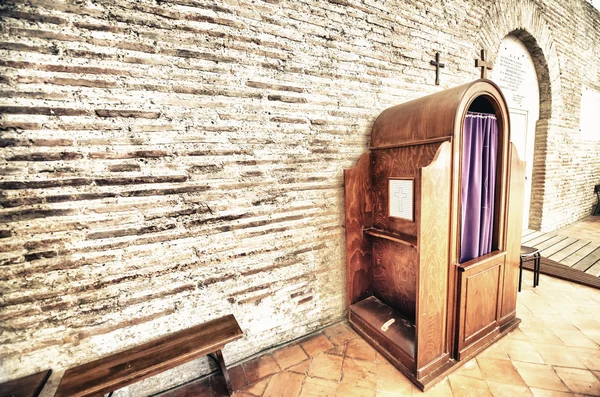Table of Contents
Light of the Two Trees
Born during the radiant Years of the Trees in Valinor, a period lit by the holy light of Telperion and Laurelin, this Elf emerged into a world of divine harmony and unparalleled beauty. His name, meaning “Golden Hair,” reflected not only his appearance but a deeper symbolism of inner light. Among the typically dark-haired Noldor, his golden hair hinted at ancestral ties to the Vanyar, the Elves closest to the Valar. This rare trait connected him directly to the spiritual brilliance of Aman. Glorfindel’s upbringing in this sacred land shaped his character, fostering in him an enduring wisdom and serenity untouched by the world’s future sorrows.
Though Valinor was a realm of peace, it was also a place of profound learning. Glorfindel was exposed to the counsel of the Valar and the artistry of the Elves, allowing him to cultivate skills that far surpassed typical Elven standards. He learned not only the arts of combat and healing, but also the deep lore of Arda, giving him an unmatched understanding of the world’s design and destiny. This foundation, rooted in harmony and divine knowledge, gave him a unique role among his people. Even among the noblest Elves, his origins in the Blessed Realm made him stand apart as a figure of rare purity.
Bound by Loyalty, Not Bloodshed
As the Noldor rebelled against the Valar to reclaim the Silmarils stolen by Morgoth, a fateful choice divided their kind. Among them, one Elf followed not out of rage, but allegiance to Turgon, son of Fingolfin. Though many took part in the brutal Kinslaying at Alqualondë—slaughtering the Teleri for their ships—he refused to raise a weapon against kin. This decision marked a moral divergence that would forever set him apart from other exiles. For Glorfindel, the journey east was not fueled by vengeance, but guided by loyalty and principle. It was a departure marked by conscience, and his path remained unmarred by the curse of fratricide.
Traveling into the unknown lands of Middle-earth, he carried no stain of betrayal or guilt. While others bore the spiritual weight of their deeds, he remained untouched by the Doom of Mandos in spirit, if not in circumstance. Glorfindel’s allegiance to Turgon led him to abandon the splendor of Valinor, yet his soul remained aligned with its light. His exile was not one of rebellion, but of resolve—a deliberate choice to serve a greater cause without compromising his values. Unlike many Noldor, who crossed into darkness in pursuit of pride, he entered Middle-earth with a clean heart, ready to serve with honor.
Noble Standard of Gondolin
Among the twelve great houses of Gondolin, one stood out for its brilliance in both battle and spirit—the House of the Golden Flower. This noble faction was known for its unmatched gallantry, with warriors adorned in mail and cloaks bearing the golden blossom as their crest. The emblem was more than decorative; it reflected the house’s radiant presence amid the secret city’s splendor. As its lord, Glorfindel led not with dominance but with honor, guiding his people through a golden age of peace and preparation. Under his command, the house rose in esteem, earning a reputation as both beautiful and formidable, equally gifted in arms and heart.
Situated within Turgon’s hidden stronghold, the House of the Golden Flower occupied a place of high regard. Its warriors were praised not only for their appearance but also for their dedication and skill in defending the realm. Glorfindel, ever the embodiment of his house’s ideals, ensured that discipline and integrity were woven into the very identity of those under his banner. Their golden attire and emblematic flowers made them a symbol of hope within Gondolin, a city otherwise shrouded in secrecy. Through steadfast leadership and a shining example, he cultivated loyalty and pride in his people that would last until the city’s final hour.
Valor Amidst Despair
The Nirnaeth Arnoediad was one of the most catastrophic battles in the history of the First Age, where allied Elves, Men, and Dwarves marched in unity to challenge Morgoth’s dominion. What began as a hopeful counterstrike quickly unraveled into chaos due to treachery and overwhelming enemy numbers. Among the Noldor, those who survived did so by the bravery of a few. Glorfindel, fighting beside Turgon, displayed exceptional valor not by seeking glory, but by organizing a disciplined retreat. His command helped prevent total annihilation. Though the battle ended in ruin, his courage preserved lives and morale, standing firm against the shadow when hope seemed utterly lost.
As the tide turned against the Free Peoples, the battlefield was drenched in sorrow and soaked with the blood of kings and heroes alike. The betrayal of the Easterlings shattered the battle lines, and many leaders fell. But not all was lost. Glorfindel, with calm resolve, coordinated the withdrawal of Turgon’s forces, shielding the wounded and securing passage through the slaughter. His leadership was not about triumphant conquest, but dignified endurance. The scars of Nirnaeth endured for generations, a grim reminder of Morgoth’s strength. Yet in that darkness, his actions gleamed—a steady light amid unnumbered tears.
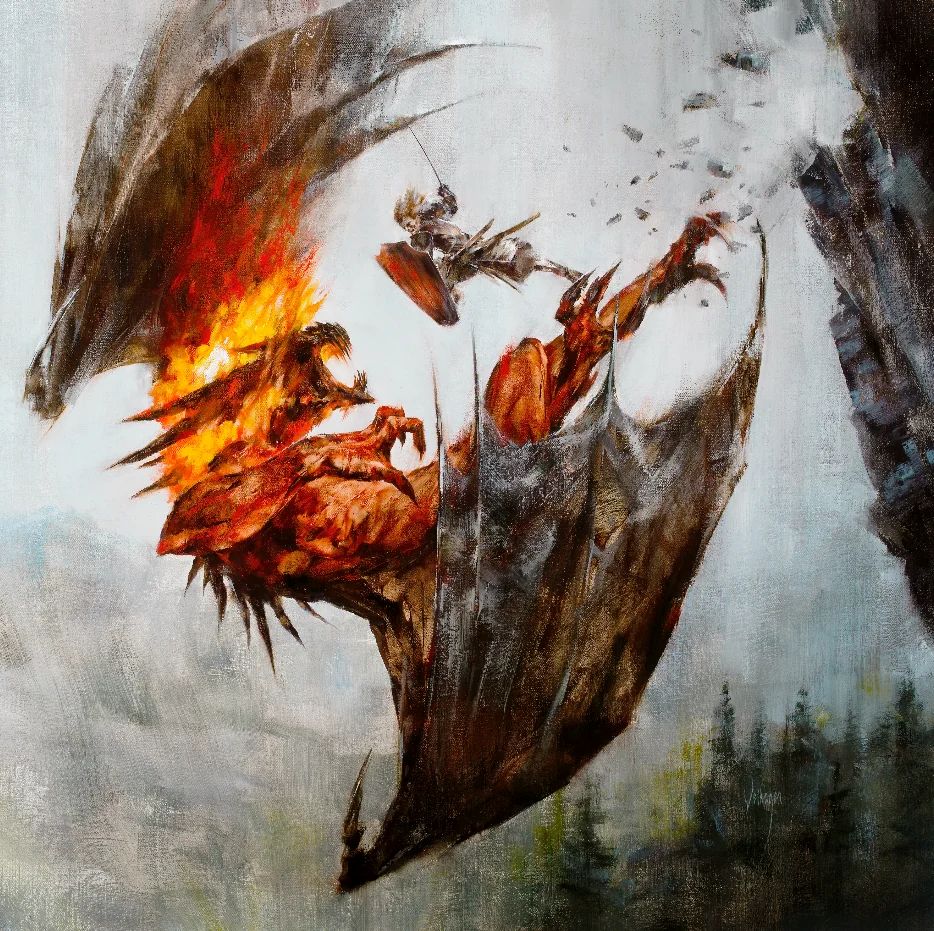
The Fall of Gondolin and the Balrog Duel
As Gondolin burned under Morgoth’s surprise assault, its once-secret halls fell into chaos and ruin. Flames and blood flooded the city as dragons, Orcs, and Balrogs stormed its defenses. Amid the retreat, a group of survivors—led by Tuor and Idril—sought escape through the high mountain pass of Cirith Thoronath. It was here, along the treacherous cliffside, that a Balrog gave chase, threatening to destroy the last hope of Gondolin’s future. To protect them, one warrior turned to face the creature. Glorfindel engaged the demon in single combat atop the narrow path, knowing death was near. The clash echoed through the mountains—fire against light, terror against resolve.
The battle was fierce, the outcome fatal. In a desperate final move, Glorfindel cast the Balrog down into the abyss but was dragged into the depths alongside it. His death secured the safety of Tuor, Idril, and their young son, Eärendil—whose future deeds would shape the destiny of Elves and Men. This act of bravery became legend, sung in Elven songs as a reminder of sacrifice in the face of overwhelming evil. Though his body was lost to the chasm, the memory of his stand endured. Glorfindel’s final act on that mountainside turned defeat into a spark of hope.
A Soul Restored by the Valar
Following his heroic death, his spirit passed to the Halls of Mandos, where the souls of the Elves dwell until judged or healed. Unlike others, who might linger indefinitely, he was given rare favor by the Valar. His sacrifice at Cirith Thoronath and his purity of heart earned him re-embodiment—a process reserved only for those of exceptional virtue. The decision to send him back was not taken lightly; it signified a divine endorsement. When Glorfindel was restored, it was not merely a return of life, but a blessing from the powers of Aman. He returned to Middle-earth stronger, more radiant, and imbued with renewed spiritual authority.
This return took place during the Second Age, a time when the power of Sauron was steadily growing. Sent by the Valar to assist in this darkening world, Glorfindel acted as a quiet but mighty force, similar in purpose to the Istari, though not bound by the same rules. His presence was meant to inspire, to stand as a living reminder of Aman’s grace and the enduring strength of the Elves. Glorfindel became a figure of hope to many, his wisdom and power influencing decisions in times of great uncertainty. His reappearance marked a turning point, a divine reinforcement for the Free Peoples.
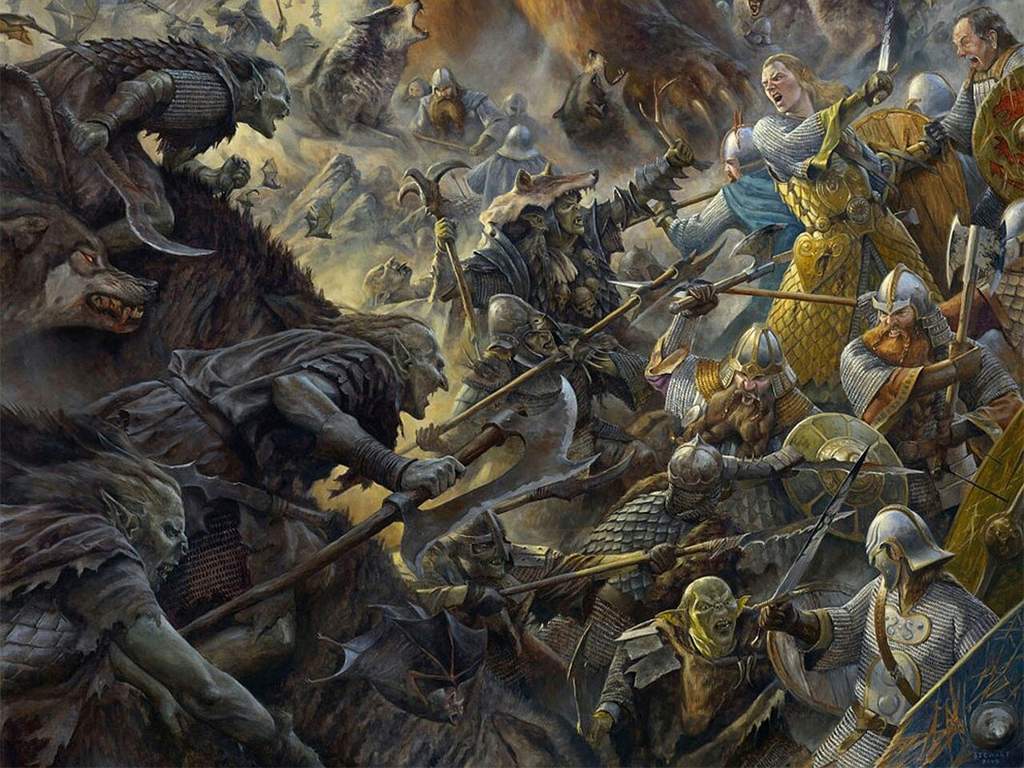
The Battle of Fornost and the Witch-king
The Battle of Fornost marked the end of the Witch-king’s dominion in the North, as the armies of Arnor and their Elven allies united to strike down the power of Angmar. The arrival of a powerful Elven commander turned the tide of battle, his presence so formidable that the Witch-king, chief of the Nazgûl, abandoned the field rather than confront him directly. This retreat was not from strategy but from fear—an unusual emotion for one so steeped in shadow. Glorfindel’s role was not just martial but prophetic, for he declared that no mortal man would bring about the Witch-king’s end, a statement that echoed far into the future.
Though the enemy fled, the war’s implications were not forgotten. The words spoken by Glorfindel after the battle—meant as a warning or perhaps as foresight—would only reach their fulfillment many centuries later. In that moment, his insight hinted at the strange workings of fate in Middle-earth, where destiny often twisted beyond comprehension. The prophecy’s eventual realization, through Éowyn and Merry’s combined efforts, validated the depth of his understanding. What was spoken on the blood-soaked fields of Fornost did more than seal a military victory—it wove a thread of continuity through the long history of resistance against evil, all sparked by a single Elven voice.
Guardian of Rivendell
Within the refuge of Rivendell, a place carved into the crags of Eriador and protected by ancient enchantments, a mighty Elf served not only as a warrior but as a trusted advisor. His station in Elrond’s household was more than ceremonial; he was a sentinel, ever-watchful of dark forces stirring beyond the valley’s edge. Rivendell’s preservation through turbulent times was due in part to this vigilant protector. Glorfindel’s strength and foresight became critical defenses against encroaching evil, ensuring that the sanctuary remained untouched. His knowledge of long-forgotten wars and alliances made him a pillar of Rivendell’s quiet resilience in a world growing increasingly unstable.
When the Council of Elrond gathered to determine the fate of the One Ring, his voice carried the authority of ages past. He did not speak rashly, but when he did, others listened. Glorfindel’s presence offered strategic clarity and historical depth during a time of urgency and confusion. As threats converged from all corners of Middle-earth, his counsel helped guide the Fellowship’s formation and direction. More than a warrior, he was a living link to ancient valor and a reminder that Rivendell’s strength came not just from isolation, but from wisdom guarded and shared by those who had seen empires rise and fall.

Rider Against the Nine
As the Nazgûl closed in on the wounded Ring-bearer, few could have withstood their terror. But from the wilds rode a figure of radiant might, cloaked not only in speed but in authority. With no hesitation, he placed Frodo upon his steed, Asfaloth—an Elven horse swift and sure—and sent it galloping toward Rivendell. The urgency of this act saved Frodo’s life, keeping the Ring from falling into enemy hands. Glorfindel’s timing and courage disrupted the Nazgûl’s pursuit, showing that not all strength lay in swords, but also in decisive action fueled by purpose. The rescue at the Ford was not just intervention—it was intervention at the perfect moment.
What followed at the banks of the Bruinen was a display of power that few had ever seen. As the Nazgûl attempted to overtake Frodo, they were met by a figure unveiled in radiant wrath. Glorfindel revealed himself as more than a mere Elf-lord—his presence burned with an inner light that made the Ringwraiths falter. This hesitation proved fatal, as the river rose behind them, sweeping them away. His ability to stand fearlessly before such dread enemies was not just rare—it was defining. In that confrontation, survival and hope for the quest were secured through one Elf’s strength and unwavering presence.
Attributes and Abilities
Among the Elves, few possessed such a visible embodiment of their origin as the Firstborn. His golden hair shimmered like the light of Laurelin itself, a rare and sacred reminder of the Blessed Realm. This physical trait was more than beauty—it symbolized an unbroken connection to Aman, setting him apart even among lords. His presence carried an aura of calm authority, often bolstering morale without the need for words. Glorfindel’s composure in times of fear gave strength to others, making him not just a warrior, but a source of reassurance. In every hall he entered or battlefield he crossed, his light was felt long before his sword was drawn.
His combat abilities were the stuff of legend, forged through divine instruction and countless battles. With precision and grace, he fought not as a brute but as a master of disciplined violence. The slaying of a Balrog is no small feat—it demanded agility, knowledge of ancient enemy tactics, and unshakable resolve. Elven commanders recognized his deep strategic mind, often turning to him when stakes were highest. Glorfindel’s understanding of warfare was matched by his grasp of spiritual matters, allowing him to see beyond simple victory. He led not to conquer but to defend, knowing that true strength lay in protecting life, not extinguishing it.
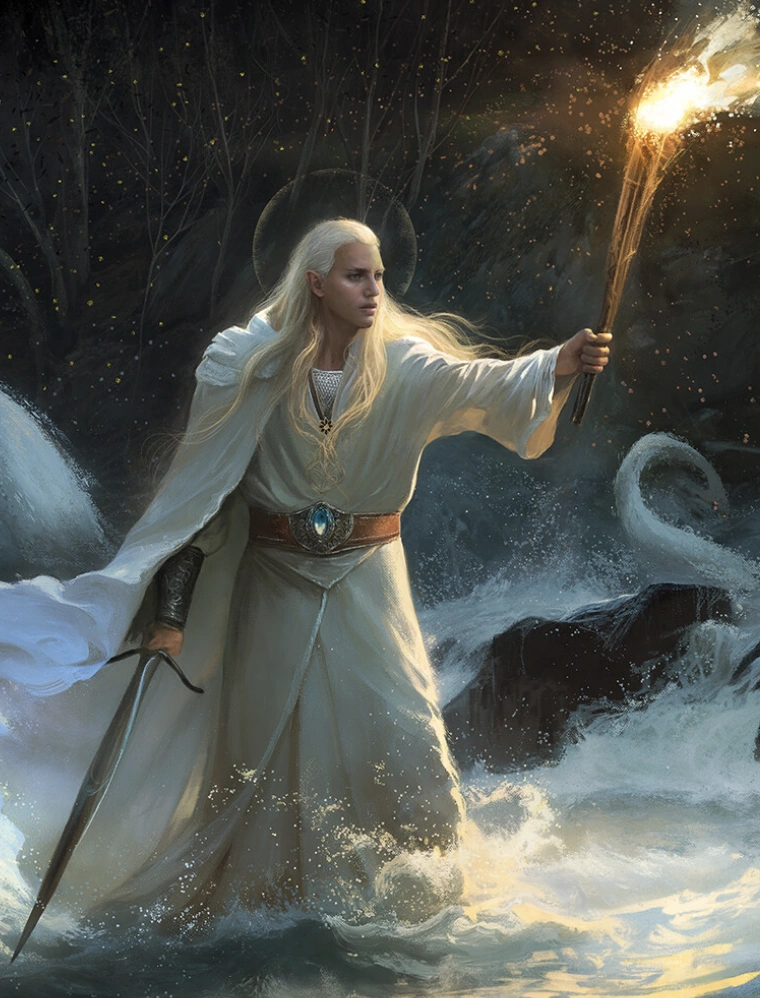
Echoes Through the Ages
Tales of ancient battles often fade, but some names endure across generations. His deeds at Gondolin and Fornost became foundational stories, told in song and scroll, reminding Elves and Men of what true courage looks like. His stand against overwhelming darkness was not merely a moment of bravery, but a lesson in duty and sacrifice. Glorfindel became a symbol in both cultural memory and strategic inspiration—his choices shaping not just battles, but attitudes toward honor and perseverance. His life’s arc, rooted in ancient valor, served as a moral compass for those who would later face their own trials against evil.
The prophecy uttered on the battlefield of Fornost proved more than poetic—it became a thread in the tapestry of Middle-earth’s destiny. By proclaiming that the Witch-king would not fall by the hand of man, he did not merely foresee an event; he revealed the complexity of fate itself. Glorfindel’s vision extended beyond time, touching on truths that guided future generations. His influence lingered not through monuments or titles, but in decisions made by those who came after—leaders, warriors, and even simple folk who stood against darkness. The power of his legacy was not in might alone, but in the quiet shaping of destiny through wisdom.
The Vanishing Hero on Screen
Despite his legendary status in Tolkien’s writings, adaptations have often downplayed or entirely omitted this powerful Elven figure. In Ralph Bakshi’s 1978 animated version of The Lord of the Rings, his critical role in aiding Frodo was replaced, with Legolas stepping in to fill the narrative space. This change, though practical for streamlining the story, removed a key link to the First Age and diminished the historical depth of the tale. Glorfindel, though canonically influential, has been sidelined in major adaptations, likely due to the complexity of his backstory and the already large cast of central characters competing for screen time.
Peter Jackson’s live-action film trilogy followed a similar path, choosing to merge his scenes into the role of Arwen, particularly during the Flight to the Ford. While this change enhanced Arwen’s presence and romantic subplot, it sacrificed the inclusion of a character whose presence bridges the ancient world with the current age. Yet his influence hasn’t disappeared entirely—video games like The Battle for Middle-earth II feature Glorfindel as a powerful, radiant hero, bringing his legend to life in interactive form. These portrayals, though infrequent, demonstrate his continued relevance and fan admiration, even when cinematic spotlight eludes him.
How useful was this post?
Click on a star to rate it!
Average rating / 5. Vote count:
No votes so far! Be the first to rate this post.
Author
-
Meet Dr. Kendall Gregory, a highly accomplished professional with a remarkable academic background and a deep passion for empowering individuals through knowledge. Dr. Gregory’s educational journey began with a Bachelor of Science degree, followed by a Doctor of Chiropractic Medicine, focusing on diagnosing and treating musculoskeletal conditions. He further expanded his expertise with a Master's degree in Oriental Medicine, specializing in acupuncture and Chinese herbology, and a Master's degree in Health Care Administration, emphasizing his dedication to improving healthcare systems. Dr. Gregory combines his extensive knowledge and practical experience to provide comprehensive and integrative healthcare solutions. Through his writings, he aims to inspire individuals to take charge of their health and make informed decisions.
View all posts

